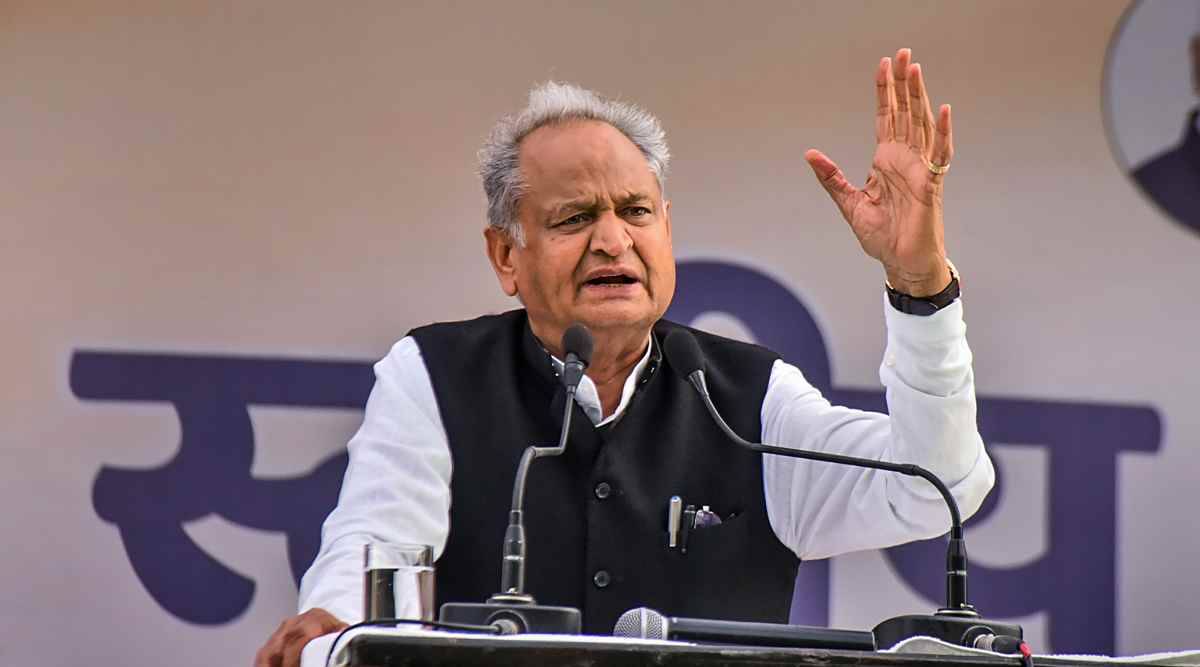Defining the Right to Health: Next Step after Enactment of Law in Rajasthan, India
The enactment of the Right to Health Act in Rajasthan, India, is a significant step towards ensuring that all residents of the state have access to healthcare as a fundamental right. It is a commendable move that can go a long way in improving the health outcomes of the people in the state. However, the mere enactment of the law is not enough. The next step should be to define what the right to health means and what it entails.
Specifically, a formal definition of the right to health should be created to determine whether it guarantees medical care for a set of conditions at the individual level or the assurance of a set of enablers that together would yield outcomes such as the absence of disease and physical, mental, and social well-being. The definition of the right to health should be guided by the principles of universality, equity, and accountability. The government should ensure that all residents of the state, irrespective of their economic and social status, have access to essential health services.
Additionally, there should be a standardized, auditable, and reimbursable basket of emergency conditions that require a time-sensitive, life-saving response at the first healthcare facility possible. This will require engaging healthcare professionals and healthcare establishments in the state, irrespective of their public or private nature, to deliver life-saving, morbidity-limiting, first-point-of-care services. The government should ensure that there are adequate resources and infrastructure to meet the emergency health needs of the people in the state. Emergency services should be accessible and affordable to all residents of the state.
Furthermore, Rajasthan’s health infrastructure should be able to address all other elective and non-emergency needs of its resident population, based on guidance from the treatment protocol wing of the State Health Authority. National priority programs funded by the Central government, such as TB or blindness control programs, should be integrated into the revamped delivery network by the logistics wing, making it an integrated one rather than being fractured along funding lines. This will ensure that the healthcare delivery system in the state is efficient and effective.
To achieve these objectives, it will be essential to engage counterparts in the ministries of roadways, telecommunications, and law enforcement, among others, to ensure there are accountable expenditures. The government should ensure that there are adequate resources and infrastructure to meet the health needs of the people in the state. Healthcare professionals should be trained and equipped to provide quality health services to people. The government should also ensure that there are adequate incentives for healthcare professionals to work in the state.
Overall, the Rajasthan Model of Public Health should aim to provide quality assured mortality-preventing and morbidity-mitigating first-level services for a range of conditions while addressing all other elective and non-emergency healthcare needs of its resident population. The government should ensure that there are adequate resources and infrastructure to meet the health needs of the people in the state. Healthcare professionals should be trained and equipped to provide quality health services to people. The government should also ensure adequate incentives for healthcare professionals to work in the state.
In conclusion, the Right to Health Act in Rajasthan, India, is a step in the right direction towards ensuring that all residents of the state have access to healthcare as a fundamental right. However, there is a need to define what the right to health means and what it entails. The government should ensure that there are adequate resources and infrastructure to meet the health needs of the people in the state. Healthcare professionals should be trained and equipped to provide quality health services to people. The government should also ensure that there are adequate incentives for healthcare professionals to work in the state. With these measures in place, the healthcare delivery system in Rajasthan can be transformed to provide quality health services to all its residents.






















